 They say money isn't everything but it sure feels like it sometimes. 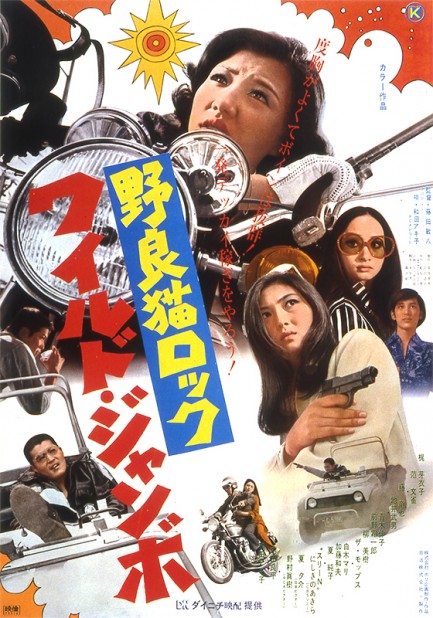
Above, an alternate poster for the pinku heist movie Nora-neko rokku: Wairudo janbo, which starred Meiko Kaji and Bunjako Han, and premiered in Japan today in 1970. We watched it, we liked it, and we explained why here, where you can also have a look at the film's tateken sized poster.
 The money is there. All they have to do is steal it. 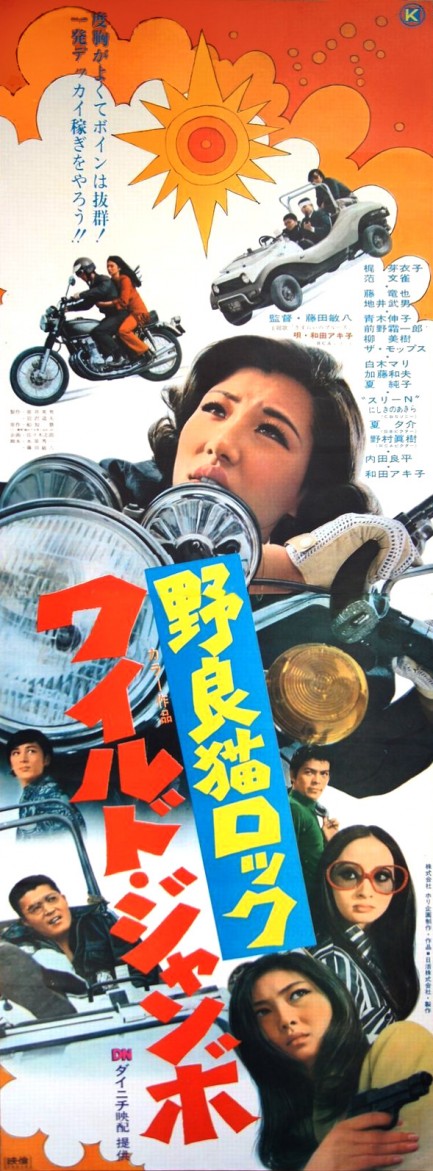
Nora-neko rokku: Wairudo janbo, aka Stray Cat Rock: Wild Jumbo, stars Meiko Kaji and Bunjaku Han in a Nikkatsu Studios/Hori Production co-effort. The movie is based on a Satoshi Funachi novel and concerns five obnoxious delinquents who, with the help of an insider, decide to rob a religious group called the Seikyo Society of 30 million yen. There's a festival going on there, which means the organization's coffers will be fat with cash. As usual with these movies, it takes a while to get to the central plot, but the digressions are interesting. A good portion of the running time involves the group's road trip to the religious compound and the various scrapes they get into along the way, including a comical interlude at the beach. When they finally reach their destination does the robbery go as planned? Of course not. They rarely do. As a side note, viewers should be forewarned that while Akiko Wada gets top position on the poster she doesn't get much camera time. But what more do you need when you already have Meiko and Bunjaku? Nora-neko rokku: Wairudo janbo is definitely one of the better Japanese juvie flicks and a worthy second entry in the five film Nora-neko rokku series. It premiered in Japan today in 1970. Read about the others, here, here, here, and here. 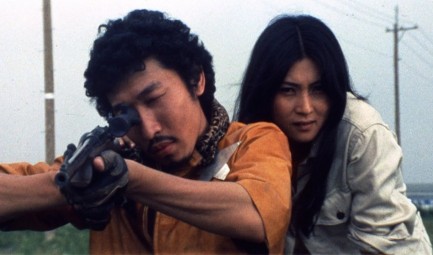 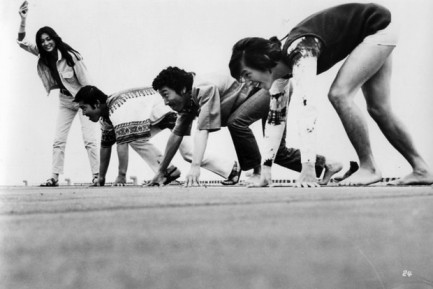 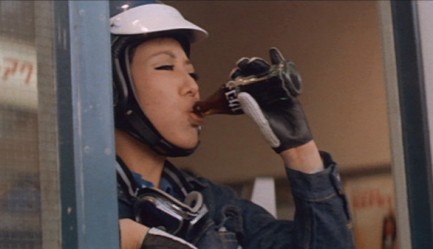 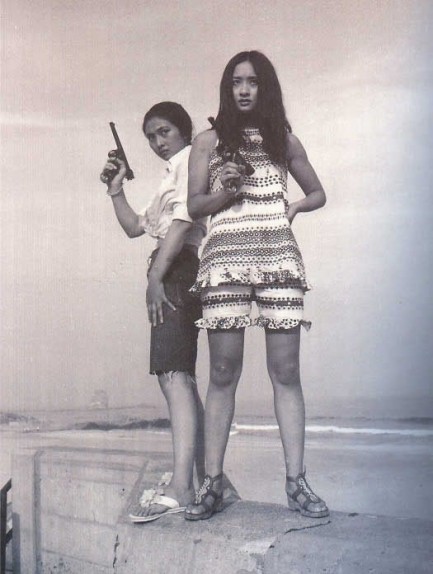 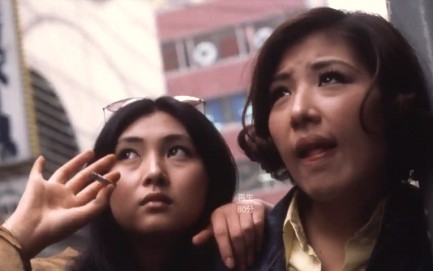 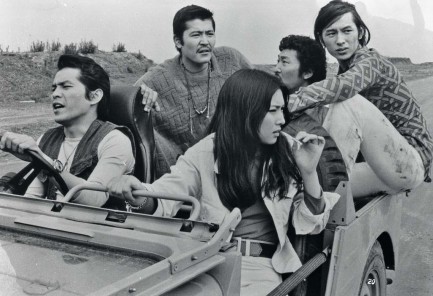 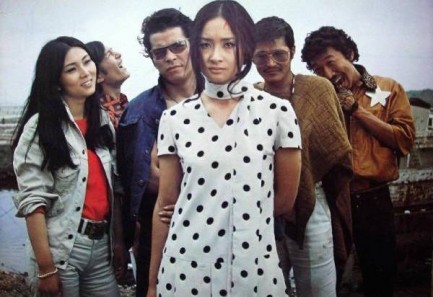
 The message is pretty clear—get on her bad side and you’ll regret it. 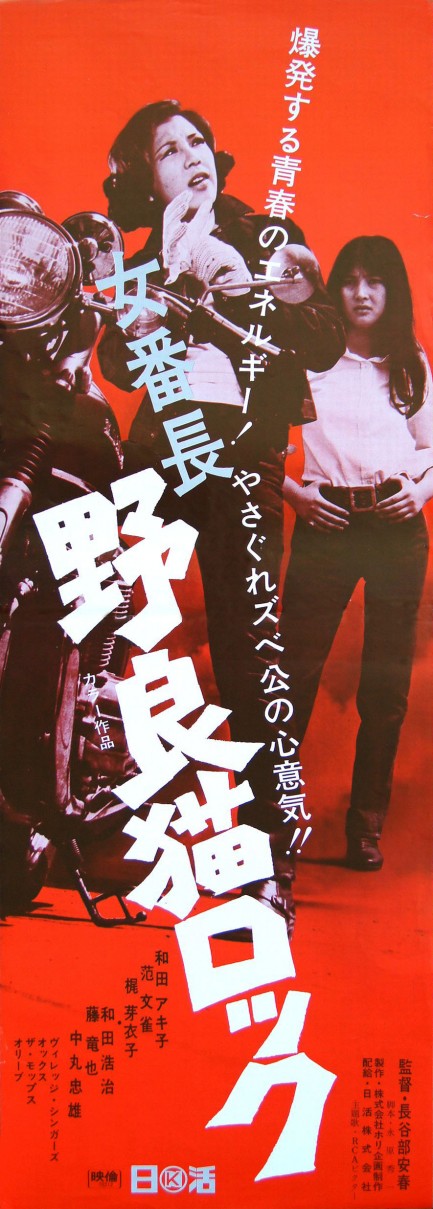
This beautiful and very rare promo poster was made to promote a Japanese film called Onna banchō nora-neko rokku. In the English speaking world its various distributors couldn't seem to settle for long on a title, and it was called alternately Alleycat Rock: Female Boss, Stray Cat Rock: Delinquent Girl Boss, Female Juvenile Delinquent Leader: Alleycat Rock, and Wildcat Rock. It’s the first of five Alleycat Rock or Stray Cat Rock films, and revolves around Meiko Kaji’s girl gang’s unwitting influence over a fixed boxing match. The boxer is supposed to take a dive for a yakuza cartel but instead wins the fight in order to save face with Kaji and her hotties (two of the gang members are played by Bunjaku Han and charismatic pop star Akiko Wada, so we can understand the boxer’s change of heart). But unbeknownst to Kaji, it was her boyfriend who had convinced the yakuza the bout could be fixed in the first place, and now he’s in deep trouble. Wonderfully lensed like so many of these pinku movies, with the requisite grey Tokyo cityscapes, neon splashed nightclub locales, and shots featuring eight or ten characters meticulously packed into the same frame, Onna banchō nora-neko rokku is a nice all around effort. It premiered in Japan today in 1970.
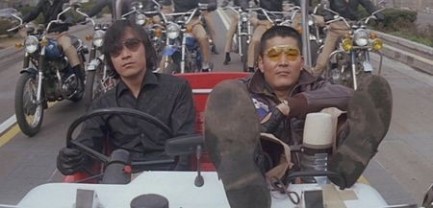 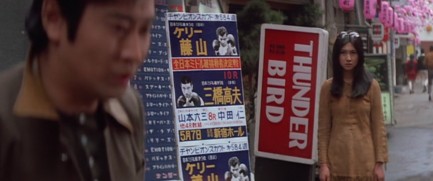 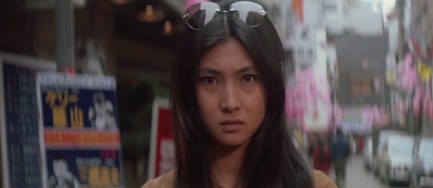  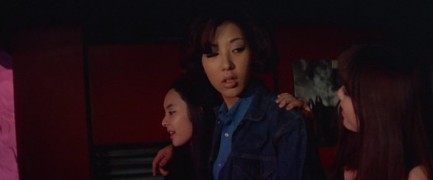  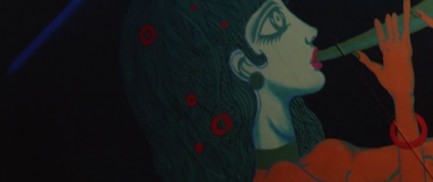 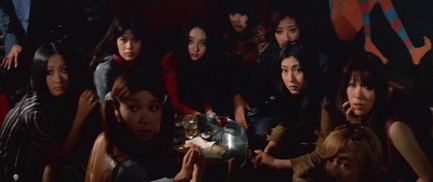 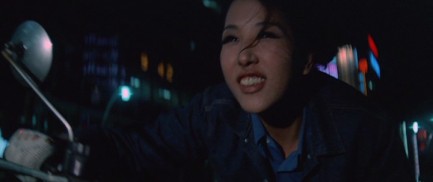 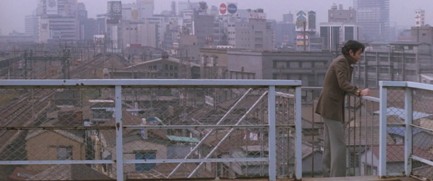 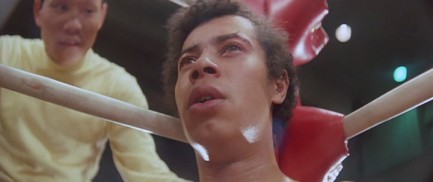 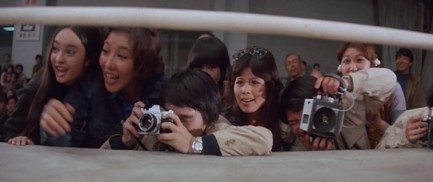 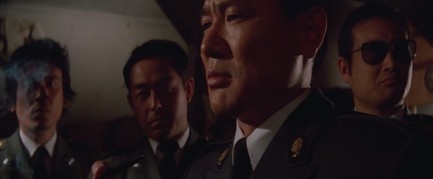 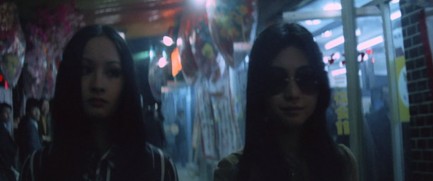  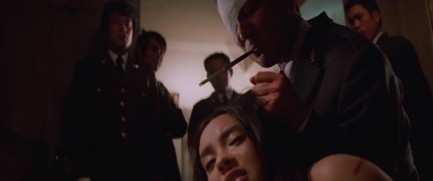 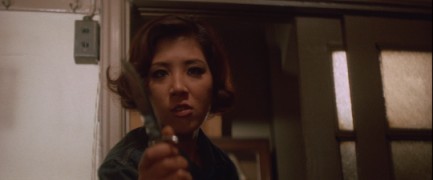 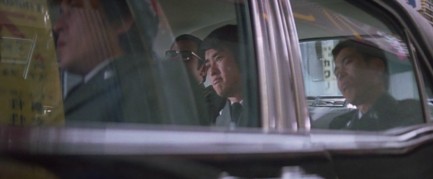 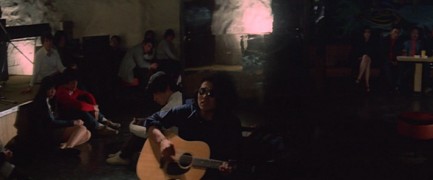 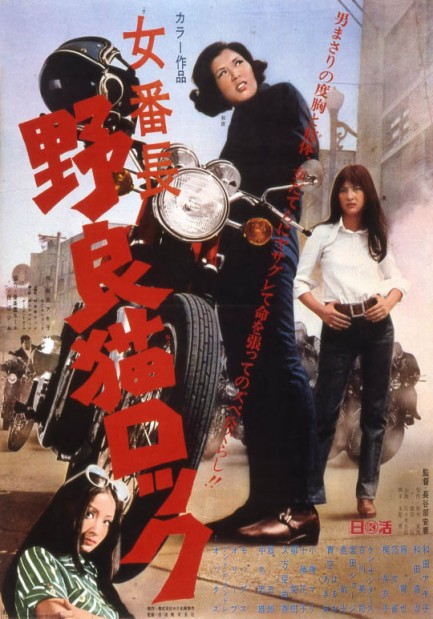
|
 |

The headlines that mattered yesteryear.
1945—Churchill Given the Sack
In spite of admiring Winston Churchill as a great wartime leader, Britons elect
Clement Attlee the nation's new prime minister in a sweeping victory for the Labour Party over the Conservatives. 1952—Evita Peron Dies
Eva Duarte de Peron, aka Evita, wife of the president of the Argentine Republic, dies from cancer at age 33. Evita had brought the working classes into a position of political power never witnessed before, but was hated by the nation's powerful military class. She is lain to rest in Milan, Italy in a secret grave under a nun's name, but is eventually returned to Argentina for reburial beside her husband in 1974. 1943—Mussolini Calls It Quits
Italian dictator Benito Mussolini steps down as head of the armed forces and the government. It soon becomes clear that Il Duce did not relinquish power voluntarily, but was forced to resign after former Fascist colleagues turned against him. He is later installed by Germany as leader of the Italian Social Republic in the north of the country, but is killed by partisans in 1945. 1915—Ship Capsizes on Lake Michigan
During an outing arranged by Western Electric Co. for its employees and their families, the passenger ship Eastland capsizes in Lake Michigan due to unequal weight distribution. 844 people die, including all the members of 22 different families. 1980—Peter Sellers Dies
British movie star Peter Sellers, whose roles in Dr. Strangelove, Being There and the Pink Panther films established him as the greatest comedic actor of his generation, dies of a heart attack at age fifty-four.
|

|
|

It's easy. We have an uploader that makes it a snap. Use it to submit your art, text, header, and subhead. Your post can be funny, serious, or anything in between, as long as it's vintage pulp. You'll get a byline and experience the fleeting pride of free authorship. We'll edit your post for typos, but the rest is up to you. Click here to give us your best shot.

|
|





































































































